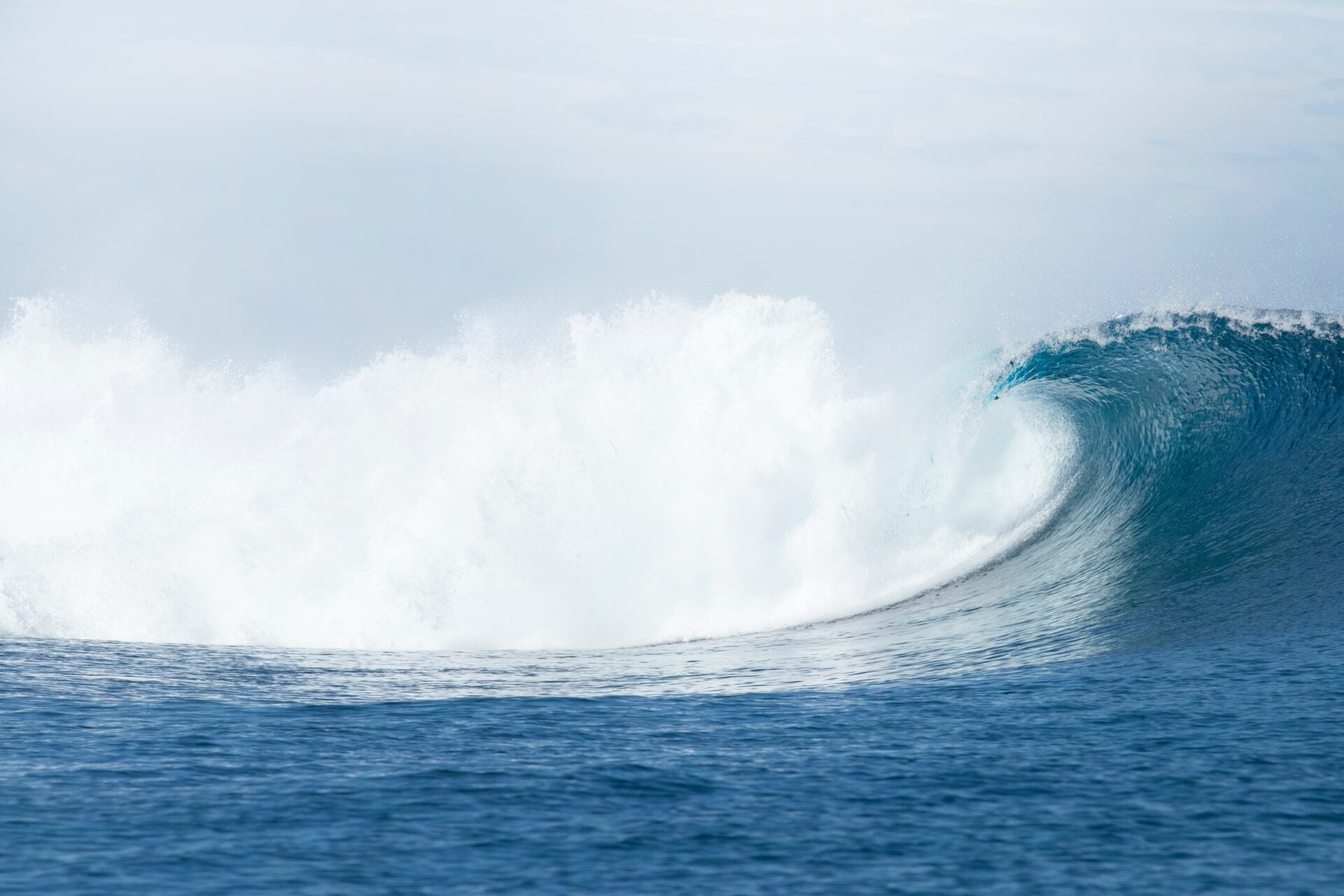As a key contribution to the work of ORRAA, WWF partnered with Metabolic to assess levels of ocean-related risk across several sectors. The resulting report showed 66% of the investible global universe of equities are exposed to, and to some degree depend, on a healthy ocean.
Navigating Ocean Risk showed that if we continue to invest in business as usual, up to US$8.4 trillion (an amount twice the size of German GDP today) could be at risk in six major sectors of the blue economy.
For the report Metabolic devised a new model to assess ocean risk. It showed that in the next 15 years damage will increase to coastal real estate, ports, shipping, marine renewable energy and seafood as a result of climate change. Up to US$3.98 trillion is at risk to coastal infrastructure and almost US$3 trillion to global fisheries if no action is taken.
These risks are not equally spread across sectors; revenues in fisheries and coastal tourism are most at risk in the short term due to their strong dependence on a healthy ocean, assets are exposed to climate change in marine renewable energy, ports and shipping, and coastal real estate and infrastructure are also at high risk.
This drops to US$3.3 trillion if we transition to a more sustainable model, managing the impact of pollution and resource extraction on the oceans, keeping carbon emissions under control and staying below the 1.5 degree Celsius Paris target. This alternative approach would give a US$5 trillion saving over 15 years, with that amount increasing over time.
Asset owners and managers need to recognise the level of financial risk in ocean-related investments. They must integrate nature risk into mainstream risk assessments, seek and pilot risk-based and science-led approaches to guide actions toward sustainable pathways, engage companies on their vulnerabilities to such risk and encourage transparency and public reporting so that nature risks can be better managed.
Nature risk in the oceans is clearly a financial risk. Businesses and the financial sector therefore have a clear economic rationale to pursue strategies to reduce their impacts on the ocean, manage resources effectively and protect their assets.


